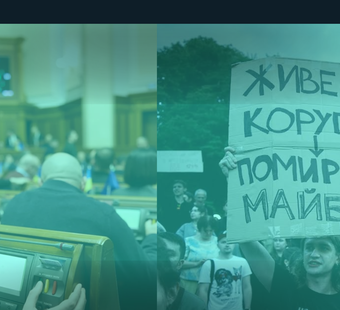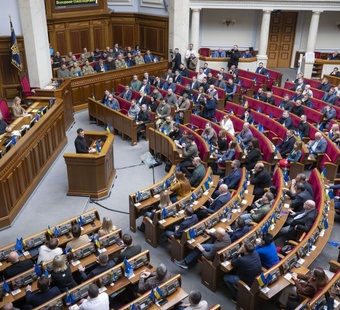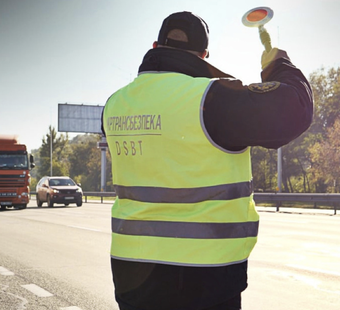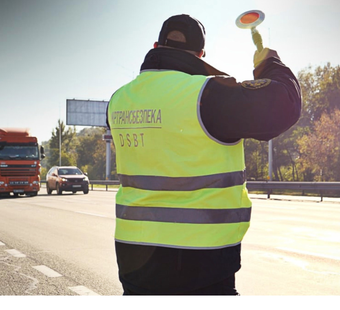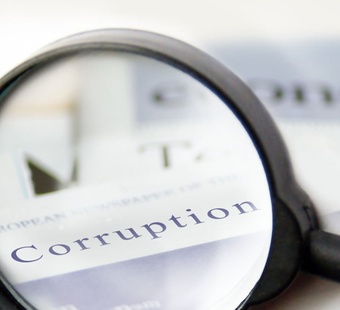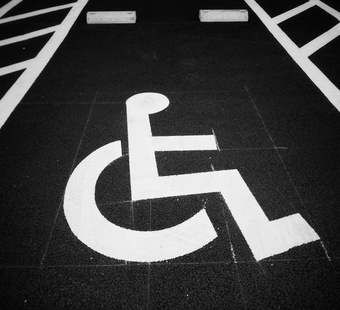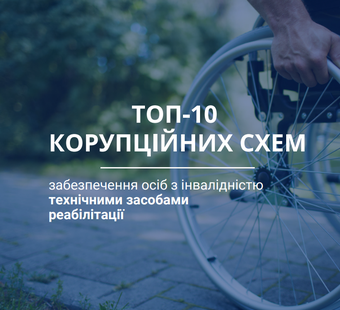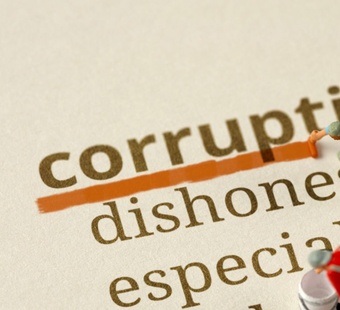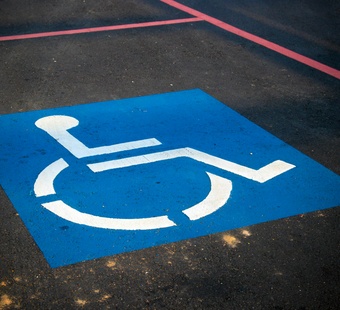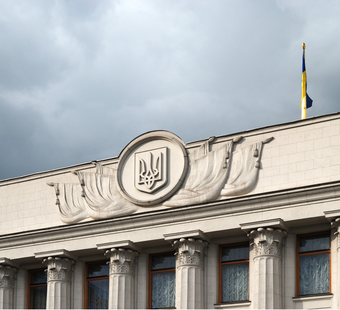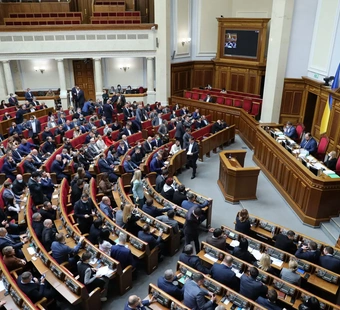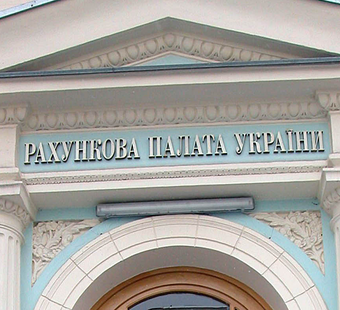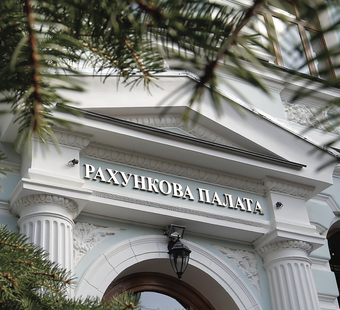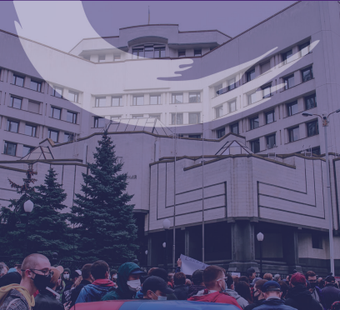Minimizing corruption risks in public policy

DIRECTION I: Anti-corruption expertise of draft laws
Anti-corruption expertise is one of the key activities of the Institute of Legislative Ideas. In general, the ILI team has been conducting expert review of draft laws for 8 years. We have become a leader in the field of anti-corruption expertise. So far, we have analyzed almost 9 thousand draft laws (8742), in which we found 3000 corruption-prone factors and other comments.
Goal:
Improving the quality of legislative activity in Ukraine by identifying, analyzing and eliminating corruption-prone factors in draft laws, ensuring transparency of the legislative process and promoting the creation of an effective, fair legal framework for combating corruption.
Directions of activity:
1. Strengthening the anti-corruption expertise of the Committee on Anti-Corruption Policy in key areas
Initially, we analyzed absolutely all draft laws registered in the Verkhovna Rada. However, we have now changed this approach, focusing our expertise on law enforcement, economic and anti-corruption policy, taxation, etc. It is in these areas that the government often tries to make changes to provide preferences to certain groups. Over the entire period, the percentage of our findings taken into account by the Committee ranged from 85% to 91%. We have effectively and efficiently influenced the Committee's anti-corruption expertise.
2. Conducting the examination in accordance with the developed Methodology
At the beginning of the examination, we used the Methodology for Conducting Anti-Corruption Expertise, which was adopted by the Ministry of Justice. However, due to the development of legal relations and certain obsolescence of this Methodology, we developed our own Methodology. External experts were involved in its development, and it includes various types of corruption risks with specific examples of how they are reflected in the provisions of draft laws.
3. Cooperation with public authorities in the field of anti-corruption
Providing analytical materials and opinions on draft laws to the NACP as a key stakeholder in the field of anti-corruption. Participation in discussions and development of draft laws implementing the provisions of the State Anti-Corruption Program.
4. Increase transparency and public engagement
Informing the public about the results of anti-corruption expertise, promoting good lawmaking, holding open discussions on key legislative initiatives. Obtaining stakeholder opinions on a particular draft law. During our work, we have cooperated with more than 400 different civil society organizations and specialized experts.
5. Countering corruption risks before the draft law is registered in the Parliament
The IWI experts were involved at the stage of drafting the bill prior to its registration, which helped to change or remove provisions that could potentially contain corruption risks.
6. Openness of civic anti-corruption expertise
All the results of the expert review are published in the form of conclusions on the website at the link. Anyone can read them and provide their own comments and suggestions.
DIRECTION II: Anti-corruption expertise of the current legislation
Assessment of corruption risks in the current legislation - is an analysis and promotion of elimination of risks where they already work against the state and create problems for most key stakeholders and society.
The assessment process is as follows: identifying areas where corrupt practices exist, analyzing legislation, conducting interviews, analyzing case law and research already conducted, and, as a result, developing an analytical study with recommendations for eliminating corruption risks.
Goal:
To identify inefficient and corrupt practices, investigate them, and provide recommendations for their elimination. After that, to ensure that they are eliminated.
Directions of activity:
1. Assessment of the Accounting Chamber Anti-Corruption Program
The study of the Accounting Chamber's activities became a prototype of corruption risk assessment. The team of the Institute of Legislative Ideas conducted an independent public monitoring of the implementation of the anti-corruption program of the Accounting Chamber for 2019-2021, as this body has unique powers to control the receipt and use of taxpayer funds by any entity. In the course of the analysis, we studied the activities of the Accounting Chamber, the stages of adoption and approval of anti-corruption programs in this body. Particular attention was paid to the main function of the Accounting Chamber - conducting state external control (audit) measures - and its reflection in the anti-corruption program of this body.
We analyzed 20 corruption risks and 32 measures to eliminate them. The results of the analysis pointed to the insufficient effectiveness of the anti-corruption program, and therefore, the Center's analysts have formed 9 points of conclusions and recommendations for qualitative strengthening of the anti-corruption program of the Rada.
Subsequently, the ILI analysts participated in the finalization of the Anti-Corruption Program of the Republic of Poland for the next period. The IWI recommendations were taken into account.
2. Study of the provision of technical rehabilitation equipment to persons with disabilities
Another area was the analysis of the social sphere legislation, in particular, the provision of technical rehabilitation equipment to persons with disabilities. We are talking about prostheses, wheelchairs and walkers, medical beds, etc. This is the largest part of the state budget expenditures to support people with disabilities. Every year, about UAH 1.5 billion is allocated from taxpayers' funds for these purposes.
Together with the NACP, the ILI investigated the most common corruption schemes for providing technical rehabilitation equipment to people with disabilities. The ILI conducted an anti-corruption examination of all acts regulating access of enterprises to the billion-dollar market. The second step was the use of sociological methods: 26 enterprises (25% of all industry representatives) were interviewed, more than 20 in-depth interviews were conducted with representatives of both private and state-owned enterprises, with current and former representatives of various government agencies, and a focus group was held with 25 representatives of NGOs.
The presentation and discussion was attended by 125 people, including the leadership of the Ministry of Social Policy, the NAPC, the Parliamentary Committee on Social Policy, the Social Protection Fund for Persons with Disabilities, the State Service of Ukraine on Medicines and Drugs, and the Presidential Office.
Later, amendments to the legislation were adopted that had a positive impact on the development of this area. Key corruption risks were eliminated.
3. Assessment of corruption risks in the passenger transportation sector
Due to the suspension of air traffic as a result of Russian aggression against Ukraine, road passenger transportation has become the most popular mode of transportation for long-distance travel. This, in turn, has raised the issue of the effectiveness of state regulation of this sector.
The main goal of the project is to ensure transparency and increase the effectiveness of state supervision in the field of passenger road transportation to eliminate corruption risks and create comfortable conditions for carriers and passengers, including for the return of Ukrainian refugees home.
As part of this area, the ILI assessed corruption risks in the area of raid inspections of passenger road carriers carried out by State Service of Ukraine for Transport Safety, having examined the regulatory framework and analyzed the implementation of the identified shortcomings and presented the study “Conducting of passenger road transportation: a tool for detecting violators or an opportunity for abuse?
To study the identified shortcomings in practice, the ILI team conducted 20 in-depth interviews with representatives of the market, State Service of Ukraine for Transport Safety and specialized organizations, analyzed more than 300 court cases on the results of appeals against the results of raid inspections, interviewed 75 representatives of passenger carriers.
The study demonstrated the urgent need to change approaches to conducting such inspections and the need to improve the regulatory framework. This resulted in the development of amendments to the Law of Ukraine “On Road Transport” and bylaws, including the Procedure for Conducting Raid Inspections.
In addition, the study became the basis for expanding this area and implementing more systemic changes in this area. More on this in a separate section.
4. Effective and transparent procedure for accreditation of legal education programmes as a prerequisite for the quality of legal education
Project goal: To study the results of accreditation of educational programmes in certain specialities by the National Agency for Higher Education Quality Assurance (NAQA) and determine the impact of these accreditations on the quality of legal education. To develop recommendations for improving the accreditation process to ensure a high level of quality of legal education in Ukraine.
The objectives of this area:
- Analysis of accreditation practices - assessment of current accreditation procedures of legal education programmes, determining the effectiveness and transparency of these procedures.
- Assessment of legal and regulatory framework - study of the current legal acts regulating the accreditation process to identify gaps and opportunities for improvement.
- Collection and analysis of accreditation data - creation of a database of accreditation cases to analyse the medium-term impact on the quality of legal education.
- Formulation of recommendations - development of recommendations to improve the accreditation procedures for educational programmes of legal specialisation.




